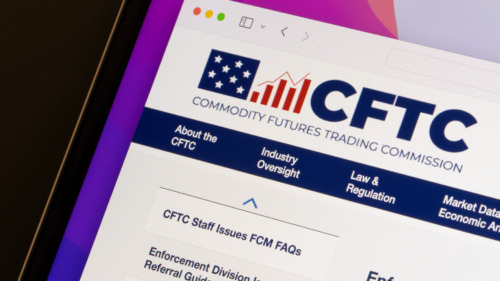Hyperliquid Hits Record $106M Revenue and $400B Trading Volume in August

- Hyperliquid’s revenue surged to over US$106 million last month, with nearly US$400B in trading volume, allowing it to capture a dominant 70% market share of the decentralised perpetual futures market.
- BitMEX co-founder Arthur Hayes has compared Hyperliquid to a “decentralised Binance” and has projected a potential 126x price increase for its native HYPE token.
Hyperliquid, one of the fastest-growing decentralised exchanges in the industry, has seen a tremendous surge in volume and fees, mostly thanks to its own Layer-1 chain, HyperEVM, which underpins high throughput and low transaction fees.
The protocol’s momentum has already drawn institutional attention, including the launch of a 21Shares Hyperliquid exchange-traded product on the SIX Swiss Exchange.
DefiLlama data shows the platform generated US$106 million (AU$161 million) in revenue last month, up 23 % from July’s US$86.6M (AU$132M). The increase was tied to nearly US$400B (AU$608B) in perp trading volume.
Data also shows Hyperliquid generated over US$6B (AU$9.1B) in trading volume in the past seven days, outpacing almost every other DEX except for Uniswap (UNI) and PancakeSwap (CAKE).
All in all, Hyperliquid now commands a massive 70% of decentralised perpetual market share, largely ahead of rivals like Solana’s Jupiter and Orderly Network.
Related: Japan Post Bank to Join DCJPY Network, Bringing Tokenised Assets to 120M Accounts
Arthur Hayes’ Bold Vision for HYPE
BitMEX co-founder Arthur Hayes has argued the platform’s HYPE token could rise 126-fold. Hayes, who now runs the crypto venture firm Maelstrom, published a valuation model backing the claim. He highlighted HYPE’s dual role in governance and fee-linked economics, where holders can stake, vote, and share in growth.
Hayes framed Hyperliquid as a “decentralised Binance” and pointed to its dominance in decentralised perpetual futures, crediting the chain’s speed of execution, arguing that founder Jeff Yan’s lean team delivers features faster than rivals with much larger headcounts.
While the protocol is doing more than decent, it has had its fair share of trouble; the DEX came under pressure after a whale was accused of exploiting the launch of XPL token futures, pocketing gains from a sharp price surge that left other traders with steep losses. Though not new, the same thing happened in March during trading of Jelly memecoin futures.
Related: Sonic Community Backs $150M U.S. Expansion to Woo Institutions






